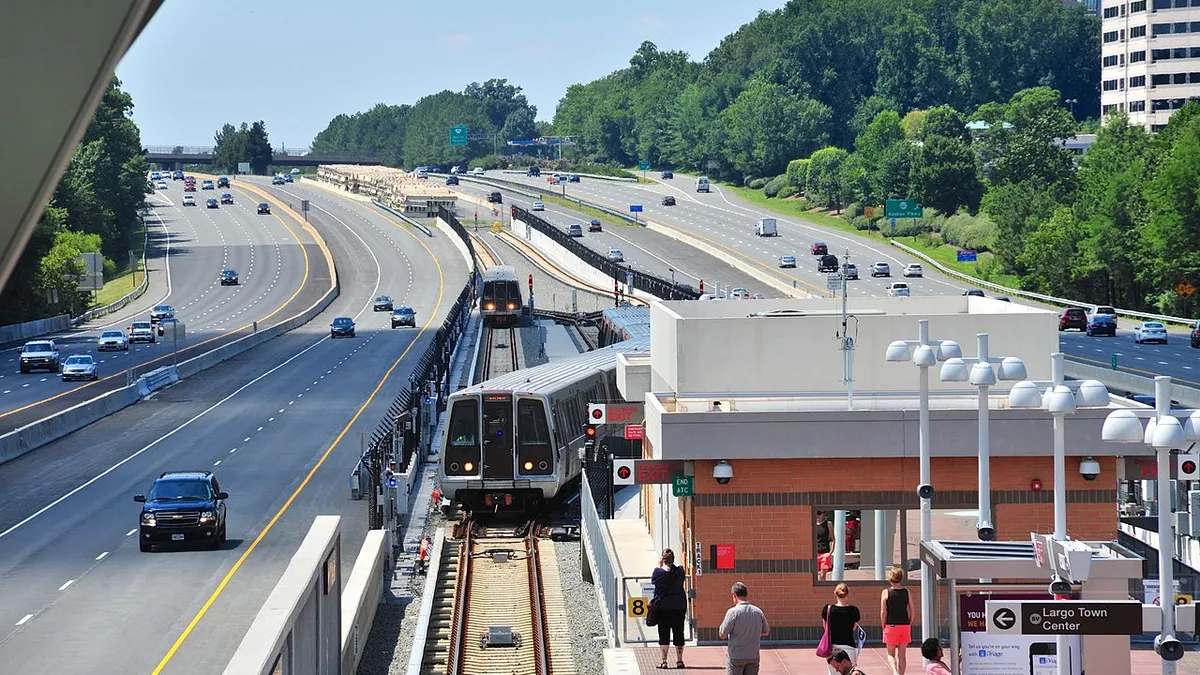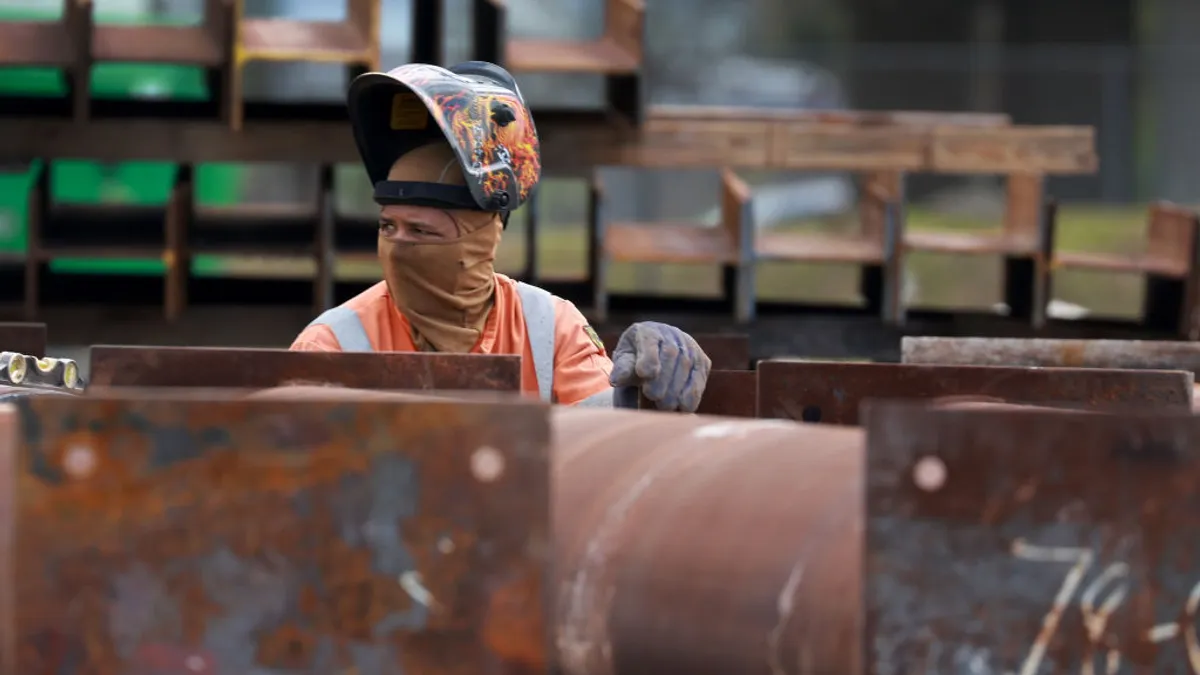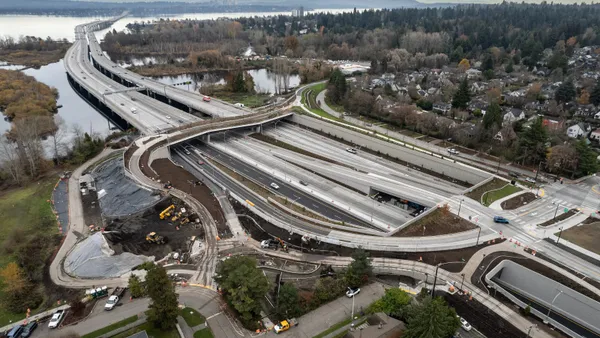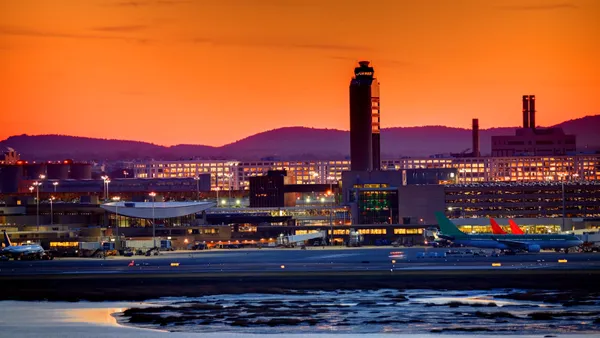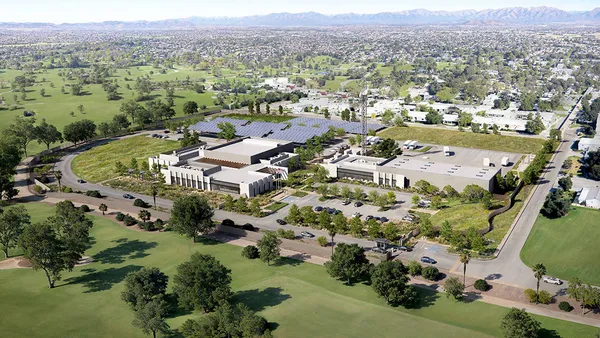In the latest updates on Phase 1, Phase 2 and Phase 2-Package B of the now more than $6 billion Dulles Corridor Metrorail Project, also known as the Silver Line, to the Metropolitan Washington Airports Authority, at least one contractor and agency representatives reported that, as of April 30, the entire rail line is more than $260 million over its original budget, and all three phases are behind schedule.
At the current rate of progress, WTOP reported, the Silver Line might not be in service to Dulles Washington International Airport until the fall of 2020, adding more than 60 days to a schedule that, as of April reports, was 13 months behind.
The source of the latest obstacle is the rail yard portion of the project, which is currently estimated at $290 million, according to general contractor Hensel Phelps. Although the company’s operations manager Michael Barker told the board that actual construction of the yard's structures is almost complete, the necessary testing and commissioning will take extra time. However, Barker also told board members that the contractor could make up that time, depending on how current negotiations go with authority officials around change orders — which could push the total projected contract value beyond its current $290 million — and the testing process itself.
Hensel Phelps' contract for the rail yard is separate from the tracks and stations contract for the extension held by Capital Rail Constructors (CRC), a joint venture between Clark Construction Group and Kiewit Infrastructure. The rail yard contract includes service, maintenance, inspection and police facilities. Bechtel is responsible for Phase I, which opened in 2014 but still has some unfinished work, mostly related to utility relocation.
This is the latest challenge to the Silver Line extension construction process, which has been under pressure due to construction defects related to concrete.
In 2018, CRC found that more than 1,700 defective concrete panels had been used in Phase 2 station construction. As it turns out, a former employee of panel manufacturer and subcontractor Universal Concrete Products had faked reports to falsely show that the panels complied with specifications. As a result, the panels will need extra maintenance so that they won't crack or have water seepage issues in the future. Universal ended up paying $1 million to settle the issue, and the employee who falsified the records has a $700,000 judgment against him.
Late last year, CRC discovered another concrete problem, this one having to do with approximately 400 concrete rail ties that were one-half-inch higher in the center than on the sides, which could result in the tracks tilting outwards. Manufacturer Rocla Concrete Tie said the ties met project specifications and, as of April, the two were still working on a resolution.
Then, earlier this year, CRC reported that the concrete pedestals supporting one of the extension's stations were cracking. The pedestals reportedly were never properly reinforced during construction.


